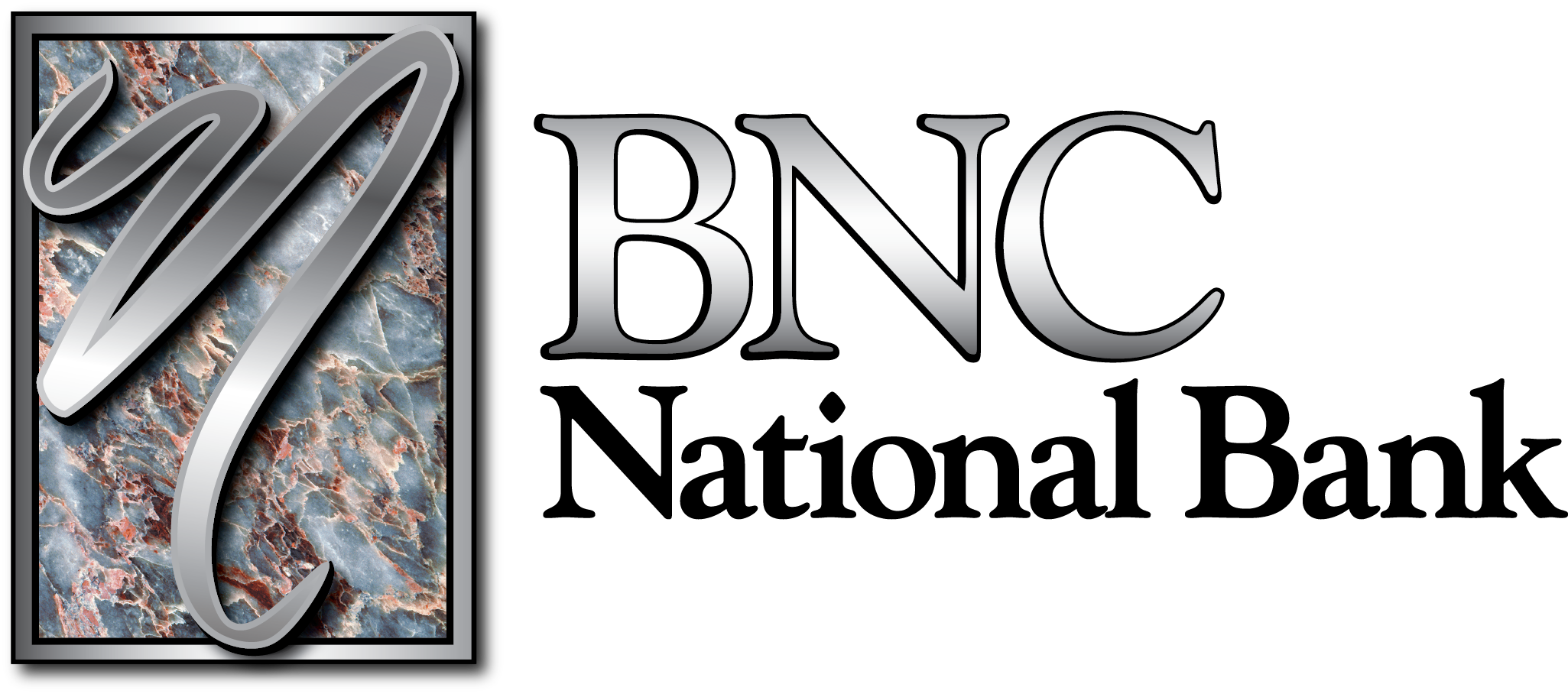Individual retirement accounts (IRAs) may not be an exciting priority to younger investors. And, unfortunately, managing your IRA can feel scary if retirement is around the corner.
We get that. But here’s the thing: IRAs can make you feel more comfortable and confident about your future. With the right IRA strategy, you should be able to look forward to retirement with excitement!
What is an individual retirement account, and how does it work?
An individual retirement account is a special savings and investment account designated for retirement.
Placing funds in your IRA can help you access unique tax advantages that may help your savings grow more efficiently than in regular accounts. You might be familiar with an employer retirement account, such as a 401(k).
An IRA is similar; it’s just one individuals can set up for themselves.
How do IRAs work?
Setting up and using your IRA should be simple. While there are detailed decisions to sort through, the overall experience will look like this:
-
Select and open your IRA.
-
Put money into your IRA regularly.
-
Invest that money. You can’t just let money sit in your IRA as you might with a savings account; you need to do the extra step of investing your money after setting it aside. Luckily, the team that helps you open your IRA can help you accomplish this step.
-
Enjoy the benefits! Repeat steps 2-3 enough times over a long enough period, and compound interest will help you grow your IRA substantially.
What are the main types of IRAs?
If you’re interested in opening an IRA, you’ll have several to choose from, including:
-
Traditional IRAs: A traditional IRA allows you to contribute to it without paying taxes now. Traditional IRA contributions are often tax deductible, so you can reduce your taxable income by contributing. However, you must pay taxes on the money when you withdraw it in retirement.
-
Roth IRAs: A Roth IRA features after-tax contributions. This means you pay taxes on the money up front, but then the money grows tax-free. In retirement, you can withdraw from your account without owing taxes.
-
SEP IRAs: Simplified employee pension (SEP) IRAs are usually a good fit for small business owners and the self-employed. While only employers contribute to SEP IRAs, and there are limits on employees who qualify, the contribution limit is much higher than many IRA alternatives.
-
SIMPLE IRAs: The name of this IRA is twofold: It’s an acronym that stands for “savings incentive match plan for employees” and represents that this IRA is, in theory, simple to manage. Both employees and employers can contribute to this type of IRA.
Other niche types of IRAs could be helpful in specific scenarios, such as rollover IRAs (often created by rolling over funds from previous employer retirement accounts) and inherited IRAs (established when someone inherits an IRA).
The best type of IRA for you will depend on how much you want to contribute, your tax goals, whether you have access to an employer retirement plan, and more. If you would like help determining which type of IRA may suit your unique needs, our team is more than happy to chat!
What are the pros and cons of IRAs? And other FAQs
You likely have questions. We have answers. Here’s a quick rundown of some of the more common questions we hear:
What are the advantages of an IRA?
IRAs connect account holders with many advantages, including tax benefits, flexibility in investment options, facilitated wealth transfer to heirs, and a few perks, such as contribution deadline extensions and catch-up contributions for those aged 50 and up.
What is a disadvantage of an IRA?
If you open an IRA, you should know about potential early withdrawal penalties. You'll be subject to fees if you take money out of your account before a certain age (usually around 60, although this can vary). There are also required minimum distributions for some types of IRAs starting at specific ages, and IRA contribution limits may be lower than other types of retirement accounts.
How is a 401(k) plan different from an IRA?
The main difference between these two retirement plans is simple: 401(k)s are employer-sponsored while IRAs are individual accounts.
This difference has a few downstream ramifications. For example, 401(k)s may have employer matches. IRAs won’t. 401(k)s also usually have higher contribution limits. On the other hand, IRAs can be more flexible or portable since they’re not linked to a specific employer.
How can I open an IRA?
First, find a bank you can trust. At BNC National Bank, we have a range of IRA options, so you can pick the best one for you! To get started, explore the IRA offerings we have. Then, gather your documentation—you’ll need an ID and proof of income, among other things. Finally, visit our branch or give us a call, and we’ll get the process started.
Want to get started with investing today?
The world of IRAs can be daunting. Let’s just concentrate on remembering the essentials:
-
There are several types of IRAs, each with its own tax benefits and contribution guidelines.
-
Contributing money consistently and making sure you invest the funds is your key to success.
-
At BNC National Bank, we’re ready to help you find and use your IRA as strategically as possible!
Ready to take the next step? Our Guide to Retiring is a free, comprehensive resource to help you get started. Check it out!

%20-%20What%20Is%20It%2c%20and%20When%20Should%20You%20Have%20One.png?width=960&length=960&name=Individual%20Retirement%20Account%20(IRA)%20-%20What%20Is%20It,%20and%20When%20Should%20You%20Have%20One.png)



